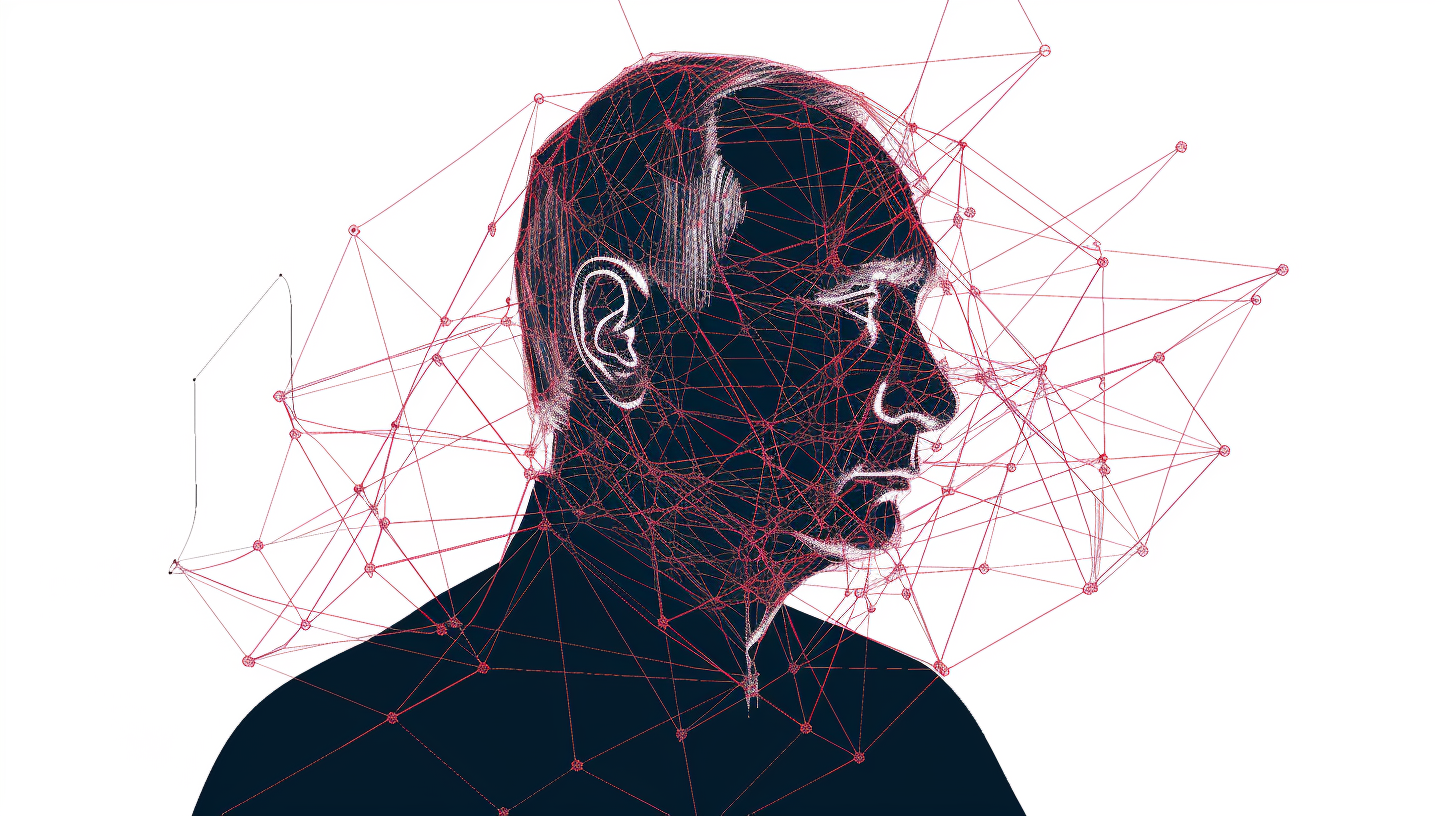OpenAI CEO Sam Altman warns of authoritarian AI future and urges US to lead global alliance

OpenAI CEO Sam Altman is calling on the United States to lead a global alliance to shape the future of artificial intelligence (AI) along democratic lines. In a Washington Post op-ed, Altman outlined his vision for countering the risk of authoritarian AI development.
Altman sees two possible paths for AI's future: one led by the US and its allies, or an authoritarian version where countries use AI to consolidate power. He warns that while the US currently leads in AI development, this advantage is not guaranteed.
"Authoritarian governments the world over are willing to spend enormous amounts of money to catch up and ultimately overtake us," Altman writes, citing Russian President Vladimir Putin's comments ("Whoever becomes the leader in this sphere will become the ruler of the world") and China's goal to lead the world in AI by 2030 as examples.
Altman cautions, "If they manage to take the lead on AI, they will force U.S. companies and those of other nations to share user data, leveraging the technology to develop new ways of spying on their own citizens or creating next-generation cyberweapons to use against other countries."
Interestingly, Altman sees open-source models as a political tool for strengthening alliances. "The challenge of who will lead on AI is not just about exporting technology, it’s about exporting the values that the technology upholds," he says.
AI models are shaped by their training data, which influences their values and orientation. Studies have shown that OpenAI's ChatGPT is politically left-leaning. That bias could potentially be exported along with the technology.
Altman suggests four key steps "to make sure the democratic vision for AI prevails."
1. Enhance security: US firms need to develop stronger cyber defenses and data protection. "The U.S. government and the private sector can partner together to develop these security measures as quickly as possible," Altman says.
2. Expand infrastructure: Build more data centers and power plants. Public-private partnerships could "expand access to AI and better distribute its societal benefits," Altman notes, emphasizing support for the next generation of AI talent.
3. Establish AI trade rules: Create clear guidelines on export controls and foreign investment. Altman suggested keeping sensitive chips, AI training data, and code within the US.
4. Set global AI standards: Focus on safety and include the Global South. Altman pointed to the International Atomic Energy Agency and ICANN as potential models.
Altman argues that "democratic AI has a lead over authoritarian AI because our political system has empowered U.S. companies, entrepreneurs and academics to research, innovate and build." He urges top nations and tech experts to act now to support a democratic approach to AI development.
While Altman's worries about authoritarian control of AI are reasonable, his suggestions also appear to favor US tech firms and OpenAI specifically. His calls for protecting high-tech industries, lucrative deals with U.S. defense contractors, and cost-sharing with the government read like a wish list to boost his company's profits.
AI News Without the Hype – Curated by Humans
As a THE DECODER subscriber, you get ad-free reading, our weekly AI newsletter, the exclusive "AI Radar" Frontier Report 6× per year, access to comments, and our complete archive.
Subscribe nowAI news without the hype
Curated by humans.
- Over 20 percent launch discount.
- Read without distractions – no Google ads.
- Access to comments and community discussions.
- Weekly AI newsletter.
- 6 times a year: “AI Radar” – deep dives on key AI topics.
- Up to 25 % off on KI Pro online events.
- Access to our full ten-year archive.
- Get the latest AI news from The Decoder.